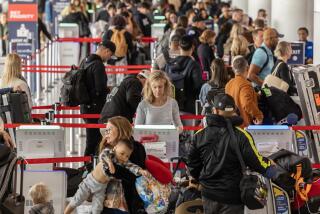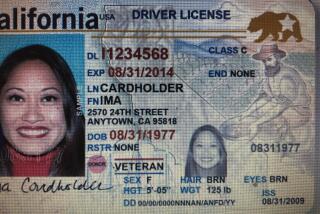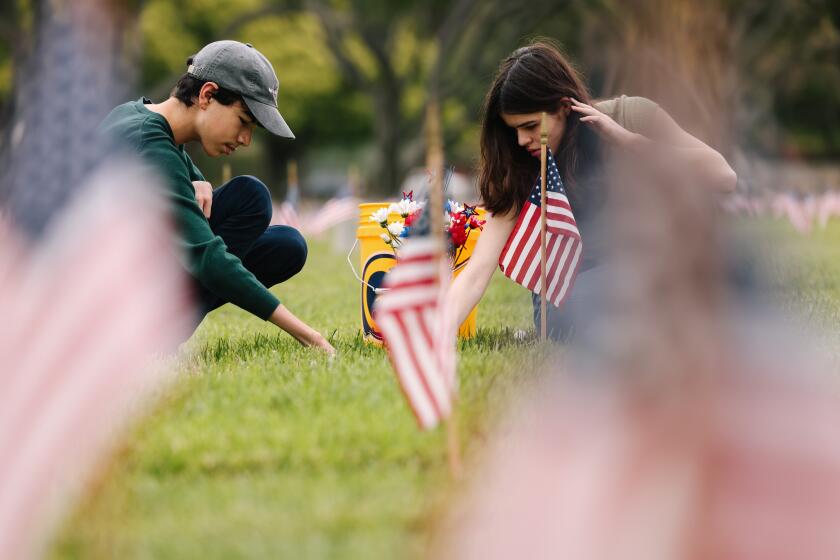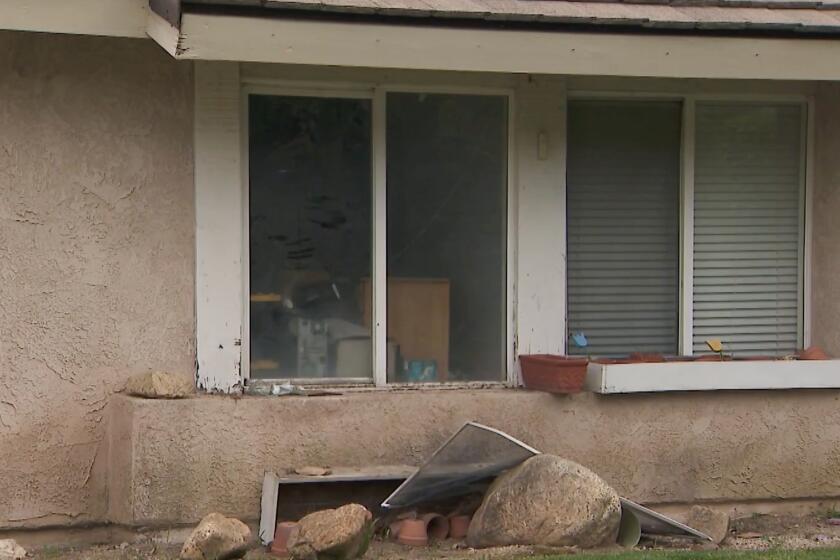Lawyer Again Accused of Overbilling Courts on Indigent Cases
A Los Angeles attorney, whom the district attorney’s office sued more than two years ago to reclaim thousands of dollars in alleged overbilling for work with indigent clients, may have continued the practice after the civil suit was filed, officials said Wednesday.
Attorney Ray Newman was paid $508,000 by the Los Angeles Superior Court and allegedly billed for work performed on 366 days of the year, court officials told a press conference.
As a result of the current accusation, officials announced that Newman had been suspended from the County Bar’s Indigent Criminal Defense Appointment Program--a panel of court-sanctioned attorneys who provide services to indigent clients when the public defender’s office is unavailable to handle the cases.
Leslie Abramson, chairwoman of the panel, said the information was being handed over to the district attorney’s office, the State Bar and the county auditor for possible investigation.
Newman was the highest paid panel attorney in the county in 1988, according to county records. The other high-ranking attorneys among the hundreds who do indigent work were paid in the $300,000 range, records show.
An examination of auditor’s records show that Newman billed the county for 5,000 hours of work, far in excess of the annual average of 2,000 billable hours normally claimed by associates in civil law firms, Superior Court Presiding Judge Richard P. Byrne told the press conference at the County Courthouse.
In 1987, the county paid Newman $269,000 for 3,872 hours of work, records show.
The 1988 billings, which Byrne said contained “several patterns consistent with overstatment of billable time,” included 10 hours on Christmas Eve, 3 on Christmas Day, 14 on New Year’s Eve, 8 1/2 on New Year’s Day, 10 hours on July 4, and 9 on Thanksgiving, officials said.
In 1988, Newman claimed to have performed services in excess of nine hours a day on 347 days.
Newman could not be reached for comment Wednesday.
Byrne praised Abramson for the panel’s diligence in conducting the investigation and its efforts to police the activities of its members.
The Bar panel is one of several groups that have been competing for contracts with the county to do indigent defense work. Some court officials have come out in favor of Bar-member-appointed panels, as opposed to privately run firms, such as the Alternate Defense Counsel, which provide defense work on a contract basis to courts.
Traditionally, individual judges have assigned cases to attorneys and set the fees.
However, Byrne, in response to a question regarding the status of the district attorney’s initial investigation of Newman’s billing practices, said court officials were not aware of the earlier investigation and lawsuit.
Deputy Dist. Atty. Charles Healey, one of the prosecutors in the consumer fraud division that filed suits in 1986 against 10 private attorneys for allegedly overbilling the county, said in turn, that he was not aware of the new allegations by Abramson and court officials.
In the 1986 suits, six defense attorneys agreed to settlements totaling nearly $130,000. Four other cases, including Newman’s, are pending.
“We were in the process of negotiating with Newman for repayment of overbilling which occurred in 1984-86,” Healy said.
The 10 cases against the lawyers were an outgrowth of an audit by the county controller that showed some attorneys were reportedly billing the county for 32-hour days.
Abramson said she used the county court’s new computerized billing system to gather information about Newman. The system is being used in the Central Court Division and will be expanded to other county courts in the next nine months, officials said.
The old bookkeeping system was not an auditing system, the officials said. Judges signed off on expense reports from the attorneys on work performed only in their courtrooms. So they were not aware if any attorneys were billing for the same hours in another courtroom.
It is only when all the bills from an attorney are totaled that discrepancies become apparent, officials said.
Byrne said that in order to better monitor future billings, the courts will expand the number of judges who serve on the committee that appoints the panel attorneys. He said the claim forms used to pay attorneys will be changed so that judges know what billings are being done in other courtrooms.
More to Read
Start your day right
Sign up for Essential California for news, features and recommendations from the L.A. Times and beyond in your inbox six days a week.
You may occasionally receive promotional content from the Los Angeles Times.






